Ten forest rangers from Phong Nha National Park participated in a full day of training focused on identification of tortoises and freshwater turtles in the trade in preparation for a provincial-wide wildlife trade survey that will take place early next month.
During the specialized training, wildlife protection officers were introduced to the basic ecology of turtles, using live examples provided by Cuc Phuong National Park’s Turtle Conservation Center (TCC) to review physical characteristics and features relevant to each species’ identification.
“One component of the program focuses on linking the ecology of turtles to the present-day crisis for the region’s turtles,” says course instructor Doug Hendrie of the Wildlife Conservation Society. “Forest rangers need to understand how the productivity of wild turtle populations are dependent, in part, upon adults within the population surviving and reproducing over many years.
During the course, participants were also introduced to the Asian turtle crisis. For the first time many of the rangers learned about the wider crisis afflicting turtles across the region, and the unique role that Vietnam plays as both a source and transit state in the turtle trade.
“At minimum, we can achieve a higher level of awareness amongst frontline protection officers about the impact that hunting and trade is having upon wild populations of turtles in Vietnam,” Hendrie says. “This sort of training will hopefully provide them with a little motivation and some useful skills that they can use in their efforts to combat hunting and trade during the course of their work.”
A new field identification component was tested during the training course that involved developing basic identification skills, practicing use of what they have learned using live and photographic examples of turtles, followed by a short examination to evaluate the success of the exercise. The evaluation showed that as a result of the training, rangers were able to identify 12 of the 15 most commonly traded species, scoring an average of 81% on the test. Eight of the ten rangers were able to identify all but one or two of the species for which they were trained and tested on.
The Turtle Field Identification Training Module will be further developed for replication and use in training enforcement officers throughout the region.
All of the rangers involved in the training course are presently working at Phong Nha National Park in Quang Binh province. The park was recently designated a World Heritage site by UNESCO, and is considered an important site for biodiversity conservation. Fauna and Flora International (FFI) currently manages a conservation project at the park, and hosted the training workshop in preparation for completion of a survey that will assess the level of trade in wildlife and timber throughout the province.
Press release by the Asian Turtle Conservation Network
Date: 25th May 2004
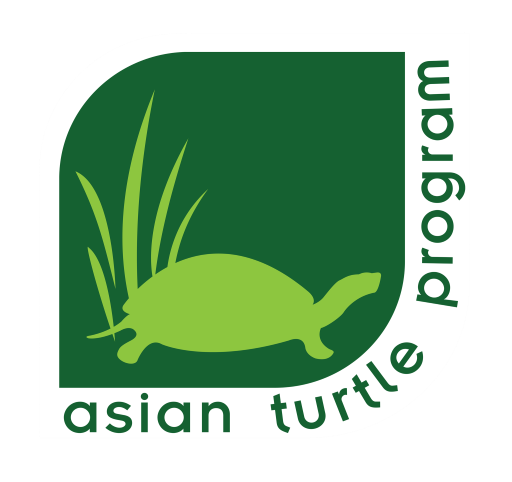
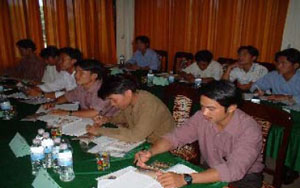
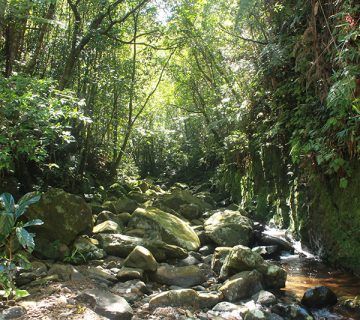
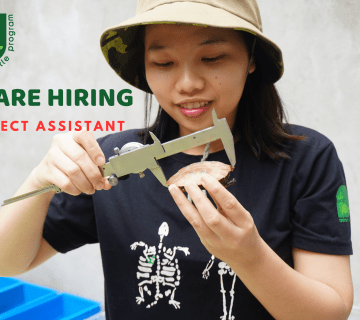
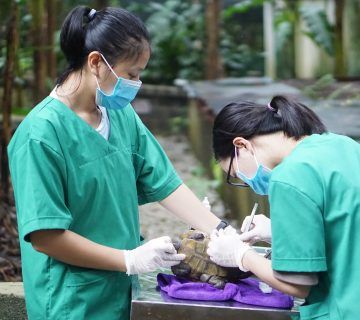
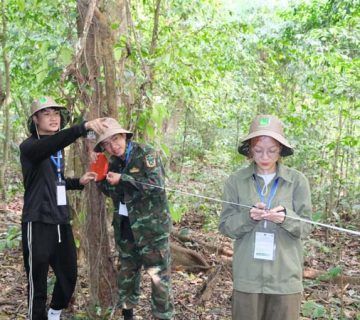
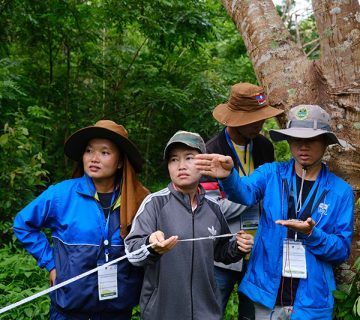
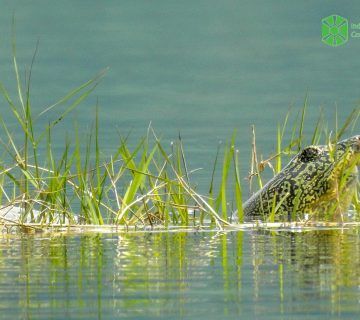
No comment